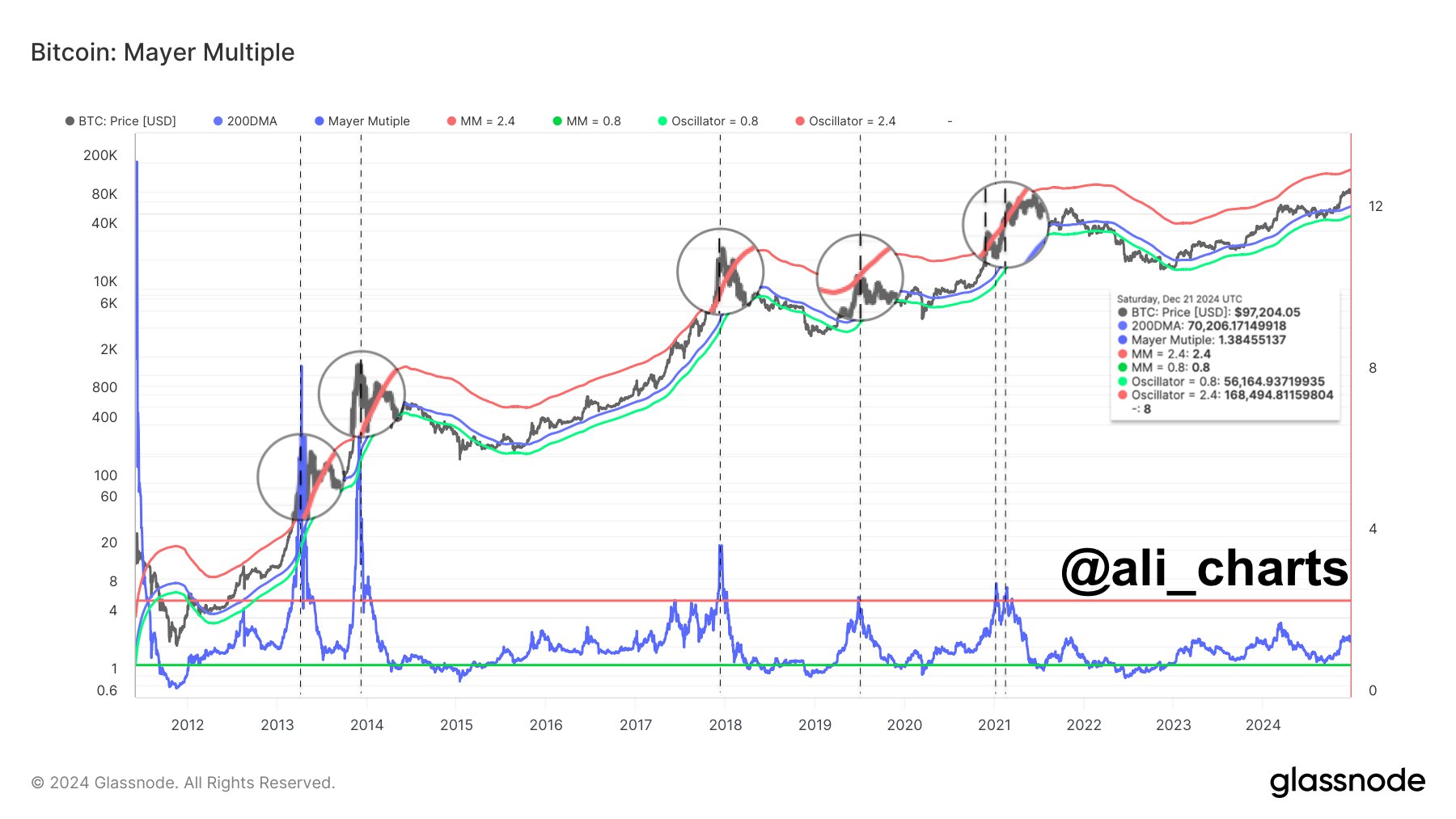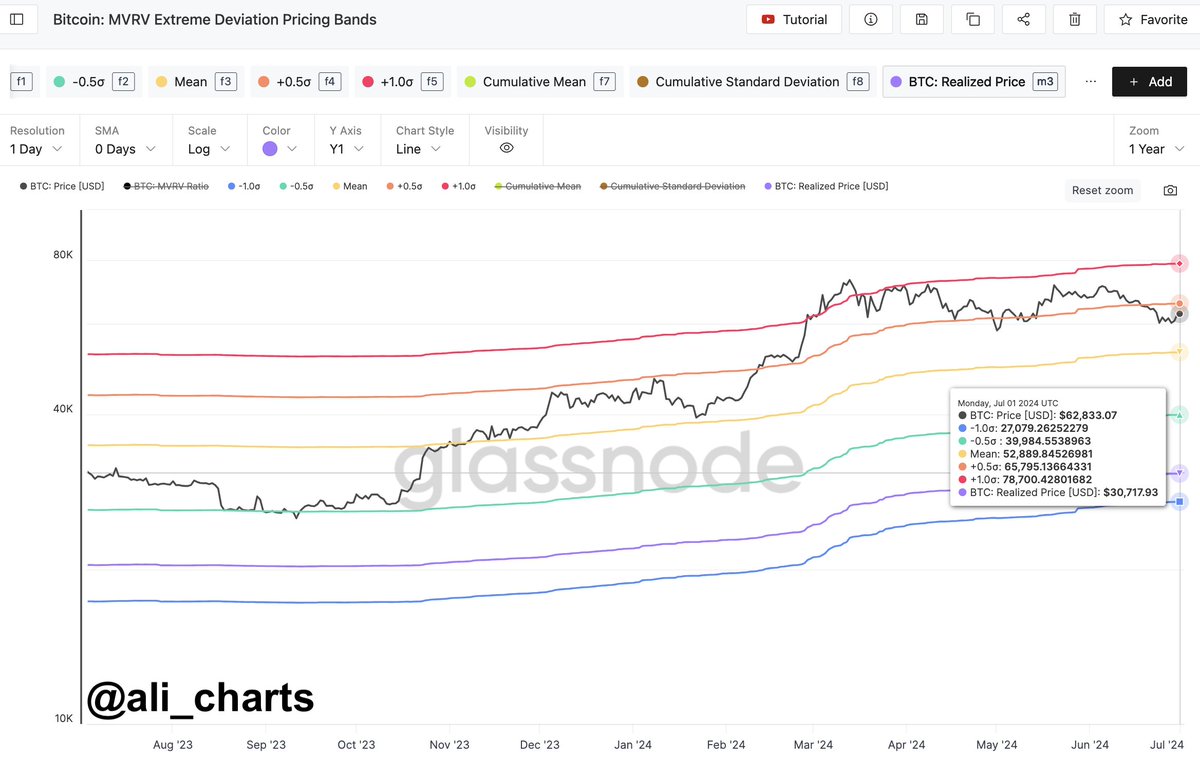2018-8-25 18:42 |
The institutionalization of bitcoin will create new problems and opportunities for bitcoin. One of the biggest problems of Wall Street getting involved with bitcoin, however, could be with bitcoin rehypothecation.
Specifically, bitcoin rehypothecation and chain forks could be a disastrous combination. Caitlin Long, a 22-year old Wall Street veteran who writes for Forbes, discussed the issue in an article earlier today. Long was following up on her piece from earlier this week where she discussed why rehypothecation was a problem for cryptocurrencies to begin with.
Rehypothecation is the practice of banks lending out assets – like when the money in your savings account is used as someone else’s mortgage through the same bank.
“Put simply, chain forks and rehypothecated bitcoins don’t mix well and could cause the financial system to experience losses if it has any uncovered exposure to bitcoins amid a hard fork,” explains Long.
However, there’s a straightforward way for firms to prevent themselves from falling victim to this problem.
“There’s an easy way to prevent this problem from ever happening – simply don’t let any uncovered positions in bitcoin build within the financial system. Ever.”
Why Are Chain Splits a Big Problem?Chain forks and chain splits can be confusing for anyone.
After bitcoin forked to create BTC and BCH in August 2017, for example, bitcoin holders technically owned two different versions of bitcoin. The bitcoin you owned was forked into BCH and BTC. If you held your private keys before the August 1 fork, then you own two different versions of bitcoin.
That’s a problem for Wall Street as institutions continue to get involved with crypto. Here’s how Long explains it:
“The chain-fork issue is confusing. Chain splits, for example, seem so simple—if you own bitcoin before a hard fork, you own the post-fork coins too, right?! Nope, not when uncovered bitcoin exposures are involved—these are positions in a bitcoin-substitute that are not 100% collateralized with real, on-chain bitcoins. The uncovered amount is the amount not backed by real bitcoins. For example, if the financial system has promised 5 bitcoins to customers but has only 3 bitcoins in its custody, the system’s uncovered exposure is 2 bitcoins.”
The problem in this situation is that the financial system has promised 5 bitcoins to customers. The fork, however, only created 3 coins. The financial system now needs to come up with an additional two new bitcoins. The financial system now has uncovered exposure of two pre-fork coins plus two post-fork coins. The system needs to immediately credit customer accounts with all five post-fork coins but it only has three coins.
Uncovered Exposures Are “Standard Operating Procedure” on Wall StreetWhat we’ve talked about above is uncovered exposure. The financial firm’s customer is expecting 5 bitcoins but the firm only has 3 bitcoins. This is uncovered exposure.
Now, uncovered exposure isn’t unusual. In fact, Long’s article describes uncovered exposure as “standard operating procedure on Wall Street”.
Bitcoin and other cryptocurrencies, however, work differently than the financial assets normally traded by Wall Street firms.
The issue, of course, is that the institution can’t simply fabricate coins. They can’t just add blockchain-based tokens to their ledger. Instead, they have to buy those tokens from the market immediately.
That’s where we encounter another problem: the post-fork would be very illiquid. Forked coins take several days to start trading in large volume. We saw that with the launch of Bitcoin Cash: the first few hours of trading were insane. Prices went up hundreds of dollars in seconds. BCH trading was only supported by a small number of exchanges. Markets were illiquid.
Bitcoin Rehypothecation Could Be a Serious ProblemRehypothecation is the practice of banks using the assets of clients for other purposes. When you put money in a savings account, for example, the bank will rehypothecate those assets – with your permission – and lend your money to other customers. This is how banks operate.
Rehypothecation with cryptocurrency, however, could quickly become an issue. Bitcoin is based on the idea that each bitcoin is connected to one bitcoin on the bitcoin blockchain. If banks rehypothecate bitcoin holdings, then there will be multiple bitcoins for each bitcoin on the blockchain. That’s not a problem until someone fails to repay their loan – or if there’s a chain fork.
Here's how Long explains why rehypothecation could be a problem:
“Uncovered exposures build gradually within the traditional financial system, mostly owing to commingling and rehypothecation of securities. This can take many forms, including securities lending, repurchase agreements, derivatives and prime brokerage. But the end effect is the same—uncovered, fractionally-reserved exposures build within the system slowly and mostly undetectably.”
We saw a similar issue during the leadup to the 2008 financial crisis.
How to Prevent Bitcoin Rehypothecation from Causing ProblemsLong has a simple solution for avoiding rehypothecation problems in the bitcoin world: never let any uncovered positions in bitcoin build within the financial system – ever.
Banks should not even build uncovered positions in intra-day trading because intra-day moves can create uncovered “gaps” in margin posting. Institutions should follow three basic rules when handling bitcoin:
Never commingle bitcoin Never rehypothecate bitcoin Always require 100% collateralization of any bitcoin substitute – even during intra-day movesOf course, all of these things are easier said than done. Rehypothecation is a key part of our financial ecosystem. Wall Street is built on rehypothecation.
This is where Wall Street and bitcoin encounter a problem. As Long explains, “Rehypothecation is as integral to Wall Street as it is antithetical to bitcoin.” Bitcoin is built on the idea of avoiding fractional reserve banking and rehypothecation.
If bitcoin continues to institutionalize, and financial firms continue to gain exposure to bitcoin, then avoiding rehypothecation is crucial. Unfortunately, Wall Street might not be able to avoid the temptation – and that could be a serious problem for bitcoin and the financial industry.
origin »Bitcoin price in Telegram @btc_price_every_hour
Bitcoin (BTC) íà Currencies.ru
|
|















